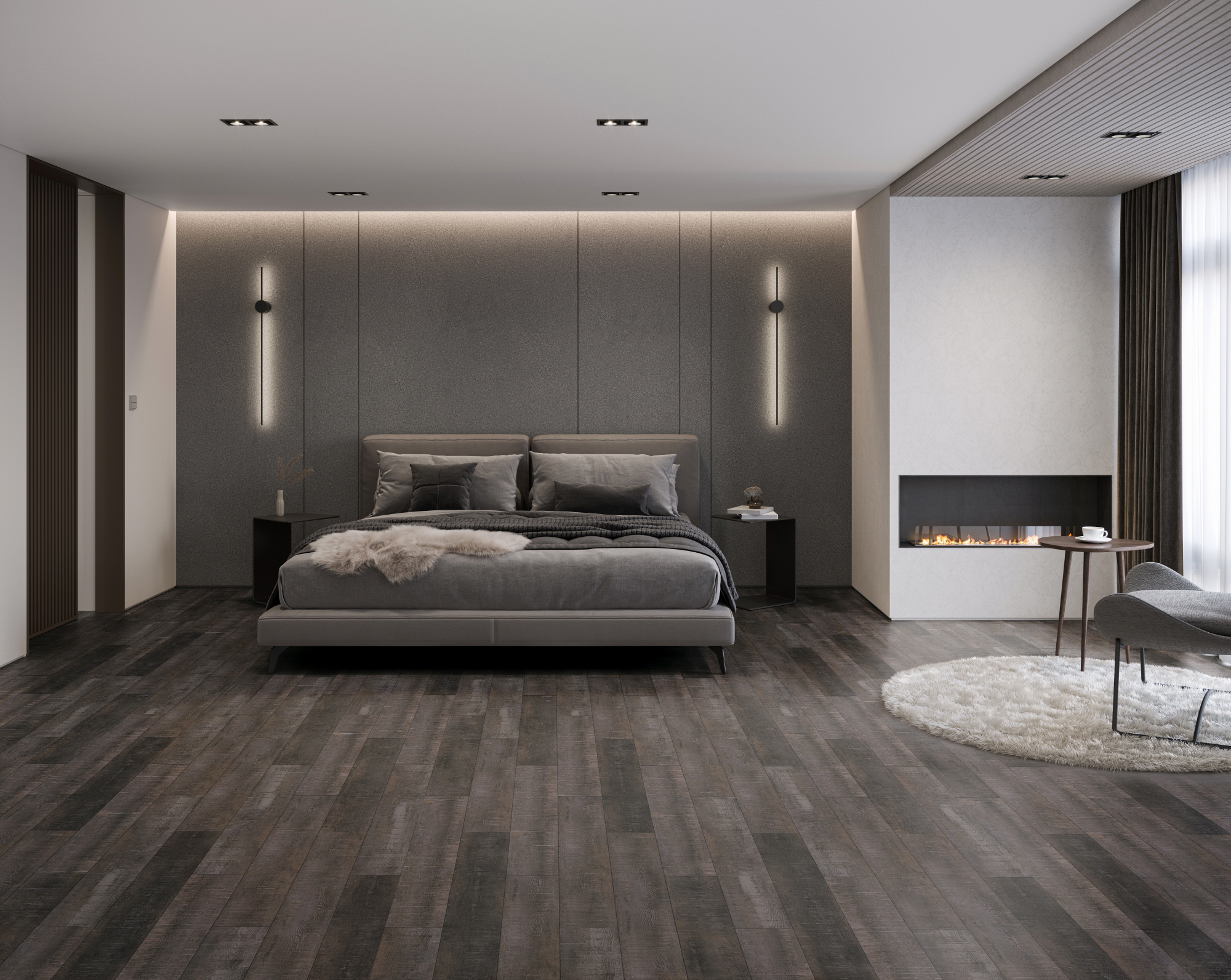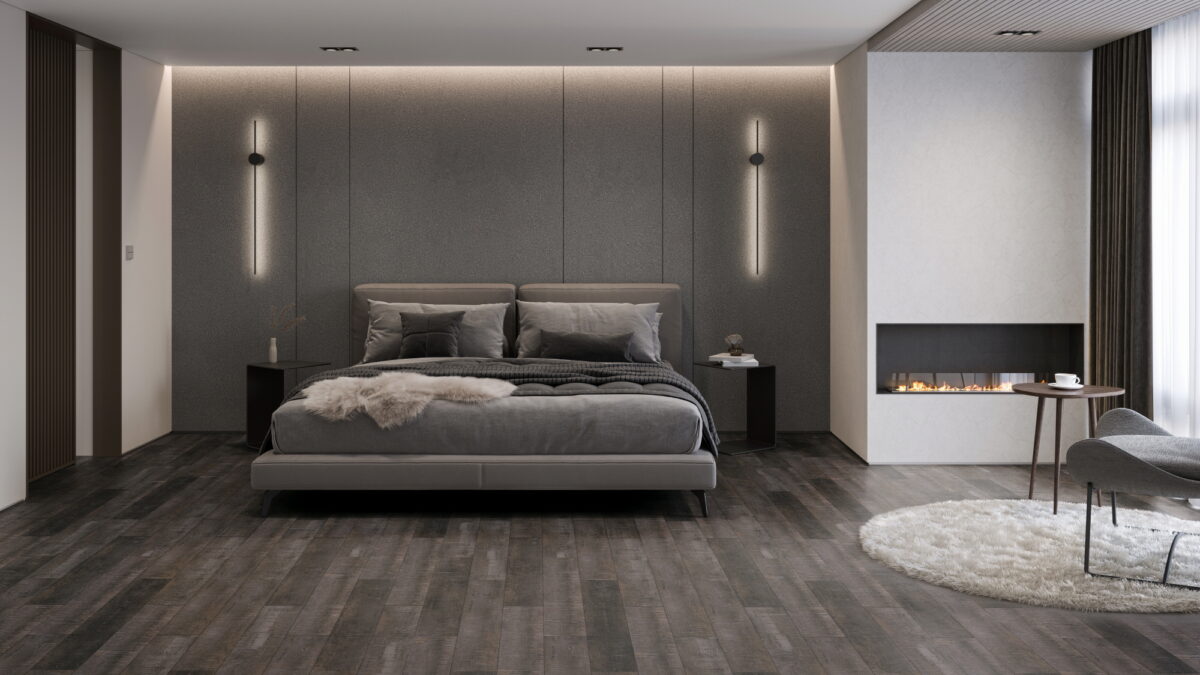
Vinyl tile flooring has become a top choice for bedroom upgrades in recent years, offering an attractive combination of affordability, durability, and style. Whether you’re giving your space a makeover or constructing a new home, it’s crucial to carefully consider the advantages and disadvantages of vinyl tile flooring.
In this blog post, we’ll explore the benefits and drawbacks of using vinyl tile flooring in a bedroom. Additionally, we’ll compare it to traditional options like wood and laminate, providing you with the information you need to make the best flooring decision for your bedroom.
Pros of Vinyl Flooring
Vinyl tile flooring boasts several advantages that make it an attractive option for bedrooms. Firstly, it’s incredibly durable, able to withstand heavy foot traffic and resist scratches and stains. This durability ensures your bedroom floor will maintain its appearance for years to come.
Additionally, vinyl flooring is water-resistant, making it ideal for bedrooms where spills or accidents may occur. Another perk is the wide array of designs and styles available. This allows you to achieve the specific look you desire without breaking the bank.
Cons of Vinyl Flooring
Despite its many benefits, vinyl tile flooring also has its drawbacks. One notable disadvantage is that it can emit volatile organic compounds (VOCs), especially when first installed. These emissions can contribute to poor indoor air quality and may cause respiratory issues for sensitive individuals.
Furthermore, while vinyl flooring is durable, it can be susceptible to damage from sharp objects or heavy furniture.
Benefits of Using Vinyl Flooring in Bedrooms
When it comes to bedrooms specifically, vinyl flooring offers unique benefits. Its soft and warm underfoot feel adds a cozy touch to any bedroom, making it comfortable to walk on, especially in the morning or during colder seasons.
Vinyl flooring is also relatively low maintenance, requiring simple cleaning with regular sweeping and occasional mopping to keep it looking its best. What’s more, its noise-reducing properties make it an excellent choice for bedrooms.
Drawbacks of Vinyl Flooring in Bedrooms
However, there are some drawbacks to consider when using vinyl tile in a bedroom. One downside is that it can be prone to denting or indentations from heavy furniture, particularly if proper precautions are not taken.
While vinyl flooring is warmer and softer than traditional options like tile or laminate, it may not offer the same level of insulation or warmth as carpeting, especially in colder climates.
Vinyl vs. Wood and Laminate in Bedrooms
When comparing vinyl flooring to traditional options like wood and laminate, there are several factors to consider. While wood and laminate may offer a more natural look and feel, they often come with a higher price tag and require more maintenance to keep them looking their best.
Vinyl flooring, on the other hand, provides a budget-friendly alternative that is easy to install and maintain, making it a practical choice for bedrooms.
Choosing Vinyl Tile Flooring in a Bedroom
The bottom line is that vinyl tile flooring in a bedroom can be a fantastic option. It offers durability, water resistance, and a wide range of design options. However, it’s essential to weigh the pros and cons carefully to determine if it’s the right choice for your space.
Click here to learn more about where to buy good flooring for bedrooms from LX Hausys.

